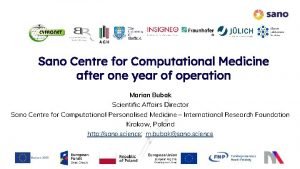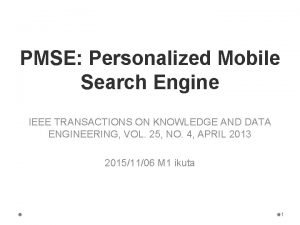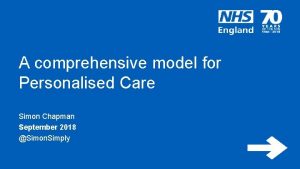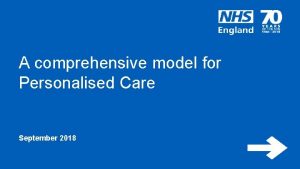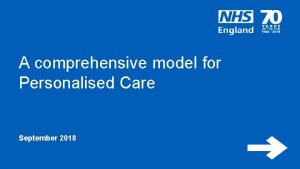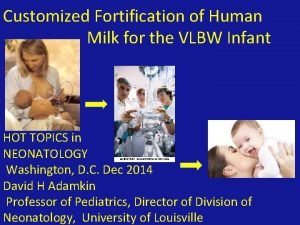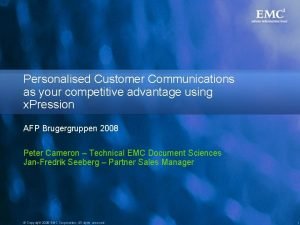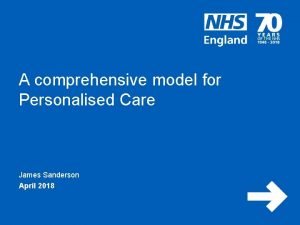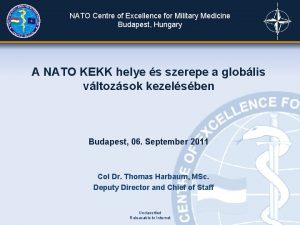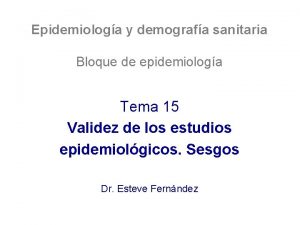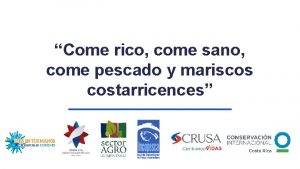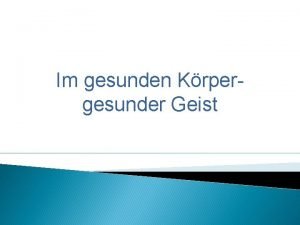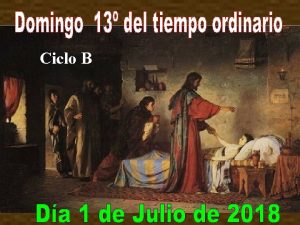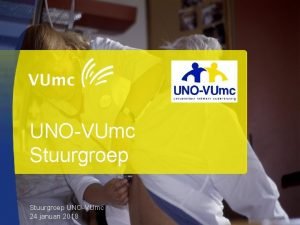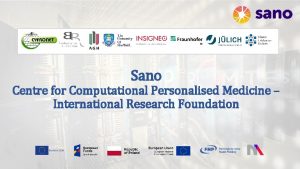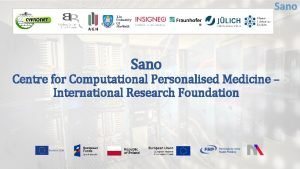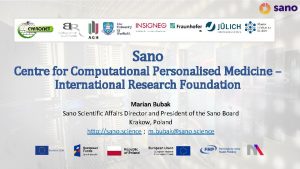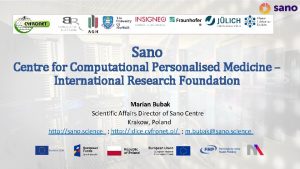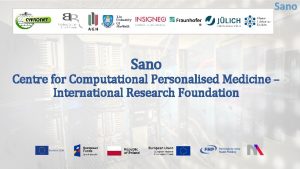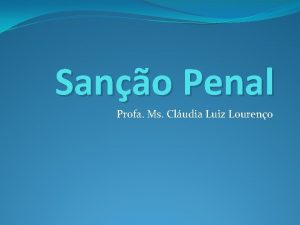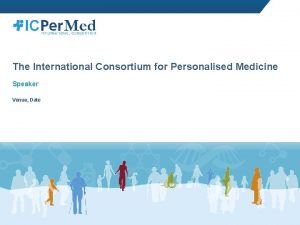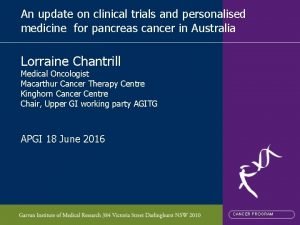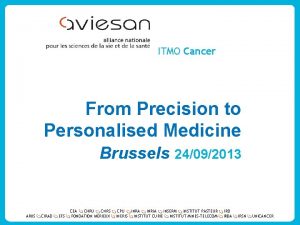Sano Centre for Computational Personalised Medicine International Research















- Slides: 15

Sano Centre for Computational Personalised Medicine – International Research Foundation Marian Bubak Scientific Affairs Director of Sano Centre Krakow, Poland http: //sano. science ; http: //dice. cyfronet. pl/ ; m. bubak@sano. science

Motivation: Sano and PRIMAGE • Scientific program – many common and complementary topics, an opportunity for collaboration • Common workshops, schools, … • Sano – a “testbed” for PRIMAGE methods, procedures, and tools • Sano - a way for sustainability of methods, procedures, and software tools elaborated by PRIMAGE • Sano – an attractive place for continuation of scientific carriers by not only young researchers involved in the PRIMAGE

Sano: Computational Personalized Medicine s n o ati Why Sano? Clinical Complexity Ageing id l o S d n u Fo s ct oje t Pr Join s ject ro nt P Joi o Joi ilic s n i r o s one t s e il C M HPC ure t c stru silico a r f in In s ject ro nt P Pro s ject m u i t c c u S s es What is Sano? Research Products Teaching

The Challenge The Solution Complexity In Silico Medicine • Ageing Co-morbidities • Specialists’ Capacity • Population-specific • Imprecise Diagnosis • Suboptimal Treatment • Fragmented Care • Complexity by composition • Unlimited Capacity • Subject-specific • Precise Diagnosis • Ranked Treatments • Integrated Care

Main objectives of Sano • Strong advancement of models, algorithms, and technologies involved in personalised medicine, including design of holistic, replicable, generic framework for simulationbased Decision Support Systems creation • Development of new computation-based solutions for diagnostics and therapy in daily healthcare • Systematic involvement of regional biomed businesses, specialising in technologies and services for personalised medicine, in high-profile research projects and clinical adoption of their outcome • Education initiatives to train knowledge workers with the skills in data analytics, simulation, and HPC/Big Data, to respond to the growing demand for skilled workforce in bio-engineering and medical devices

Methodology: from Research to Products Innovation: New in silico solutions for diagnostics and therapy in daily healthcare Collaboration : Modellers + Healthcare Professionals identify in silico opportunities State-of-the-art: Advancement of algorithms, models and technologies Education: knowledge transfer in health data analytics, modelling, HPC Foster: young Entrepreneurs technical/commercial/financial skills Exploitation: Regional biomed businesses

Research Domains vs Products and Services Healthcare system integration HPC hardware and software developments Data analytics/curation tools Modelling frameworks & workflows In silico clinical trial platforms Personal health forecasting apps Clinical Decision Support Systems Algorithmic Decision Science Computer Science & HPC Data Science Modelling & Simulation Products and Services process Healthcare Informatics In silico tools: clinical research/practice Tools for development of computational models Curated data/knowledge-bases In Silico Drug/Device Development Automated clinical data analysis External professional development In silico techniques Translational Management

The partnership Venture Capital and Alpha Funds B The Centre Modelling research An independent research foundation Clinical Data al Da ta nic Cli Comp Medicine skills HPC Lab and hardware Human resources Computer science research Hum Life. S an reso u ci/M ed re rces sear ch s ab ls l L ria ica d T ed an M ta Da + 5 major hospitals in PL/UK/DE Industry Human resources gy nolo o e ar ks/m c h r alt ma He ench In silico expertise h Tec riva ic ubl e llin H P Ha C g re rd sk sea wa ill rc h re n tio g a ov torin n In ni te od € P M € P Core Consortium Tech/Clinical Funding Science Advice Infrastr’ Talents Fund/Exp’t Data

The value chain: from research to healthcare practice Sano has an effective mix of healthcare expertise throughout the value chain Health Science: Research projects SMEs and Start-ups: Innovations 9 Research proposals 11 SMEs: Digital Health in Poland 7 Therapeutic areas 3 Universities Business Development & Regulatory 6 Sano Health clusters from the EU 3 Technology Park 1 Venture Capital Research to Clinical Deployment, across 7 major clinical domains Healthcare: Access to patients Med. Tech & Pharma: Access to market Industrial 11 corporations EU-Industry 1 Partnership EFPIA - IMI 1 1 Regional Hospitals 3 including the most prestigious in Poland, STH in UK Public body (Regional Medical Info System) Industrial Alliance (Avicenna)

Sano: the community Sano has formal structures for continuous engagement with clinical stakeholders Evidence Quantified Healthcare Meetings 65 meetings • Advisory committees: Scientific, Clinical, Industrial • Securing tactical commitment and collaboration Letters of Interest 50 Letters • Strategic partnerships with research hospitals: • University Hospital in Krakow • Co-location of Sano and Medical Simulation Centre • Sheffield Teaching Hospital • Heart Prosthesis Institute: co-development of robots Clinical Committee 9/15 recruited 8 Polish (includes 7 Malopolska) Industrial Advisory Committee 11 members secured, target 20 organisations • Leveraging wide consultation during the planning stage: • People, institutions, projects, conferences • Focus on clinical healthcare requirements

Organization of the Centre • Comprised of eminent scientist, the International Scientific Committee, chaired by Marco Viceconti, ensures that the Centre’s operations and research directions are reviewed from a broad spectrum of scientific viewpoints. • The operating activities of the Centre are managed by its Management Board under the supervision of its President who is appointed by the Committee. • The Foundation Council is the supervising body of the Centre. Its duties include adopting the Code of Ethics and the Principles of Good Science Practices, and supervising compliance therewith, approving annual reports and financial statements and appointing consulting bodies of the Foundation where needed.

Ph. D Programme • University of Sheffield • AGH University of Science and Tech. • University of Amsterdam • Collegium Medicum UJ • Staff will (co-)supervise Ph. D students • Typical duration 3. 5 years • Students will be located mostly at the Centre • Comprehensive training and research exchange programme • External Ph. D students at Uv. A • Computational Science • 4 -year Ph. D program in Computer Science, Biomedical Engineering or Biophysics • Option for “industrial Ph. D” programme with a collaborating company • Option for “External” Ph. D degree • Medicine and other health-related fields Special training and Research Exchange Programme § At least 6 months abroad § USFD advanced training, multi-disciplinary, computational medicine § 2 trainings, each of at least 30 hours per student Ph. D programme in numbers § Polish medical researchers involved in Ph. D co-supervision: 15 (from Clinical Advisory Committee) § Total number of Ph. D students: 30 (18 on salary, 12 stipends)

Expected impacts Improve efficacy Reduce secondary care costs Replace invasive diagnostics Replace indirect prognostics New Polish high-tech start-ups Personalise therapies Digital Patient : subject-specific models as decision-support systems for personalised medicine Reducing impact of ageing Externalise management Manage multimorbidity Optimise complex pathways Reduce innovation costs Med. Tech Pharma In Silico Clinical Trials : individualised computer simulation for the development or evaluation of new drugs or medical devices Revitalise medical industry Target rare/neglected disease Reduce, Refine, and Replace Animal Experimentation More ethical research Reduce primary care costs, Improve quality of life Empower participation Improve access to care Low-cost Med. Tech industry Self-manage chronicity Refine rural telemedicine Consumer ISM market Personalise prevention Personal Health Forecasting : subjectspecific models for the selfmanagement of health Create a Polish ISCT industry SHORT-TERM LONG-TERM

Activity timeline • During the formative phase the Centre will establish its principal administrative bodies and seek candidates to fill key staff positions. • The formative phase also entails a search for the Centre director and research team leaders • Up until the Centre has attained organizational maturity , the T 2 Project Board (PB) will be led by NCBR. The Centre will subsequently assume the leadership, for the Project and the PB, and NCBR will leave the consortium, to prevent potential conflicts of interests. Formal bodies established (incl. Search Committee) ISC selects Director candidate Centre formally joins the project Initial performance and portfolio review completed Self-sustainability Formative phase Launch M 6 M 12 IRAP project completes; outcomes evaluated Director’s initial term expires Maturity M 18 M 24 M 30 M 36 Research leaders recruited Departure of NCBR from consortium Research agenda approved Centre acquires legal status Hiring commences M 42 M 48 M 54 M 60 M 66 M 72 Statutory evaluation by Ministry of Science Clinical and industrial engagement assessed annual report of the Centre

More at http: //sano. science and http: //dice. cyfronet. pl/projects The Sano Centre project is funded by: • H 2020 -WIDESPREAD-2016 -2017 TEAMING PHASE 2 program (grant 857533), • International Research Agendas program of the Foundation for Polish Science, co-funded by the European Union in the scope of the European Regional Development Fund, • Polish Ministry of Science and Higher Education. Special thanks to the NCBi. R, FNP, KPK and MNi. Sz. W teams for their great support
 Centre for computational medicine
Centre for computational medicine Personalised mobile search engine
Personalised mobile search engine Comprehensive model of personalised care
Comprehensive model of personalised care Comprehensive personalised care model
Comprehensive personalised care model Comprehensive model of personalised care
Comprehensive model of personalised care Personalised fortification
Personalised fortification General motors
General motors James sanderson nhs
James sanderson nhs Nato centre of excellence for military medicine
Nato centre of excellence for military medicine Tito no es un niño muy sano. se enferma 1 of 1.
Tito no es un niño muy sano. se enferma 1 of 1. Sesgo de seleccion
Sesgo de seleccion Mogan's cevicheria
Mogan's cevicheria Mens dana in corpore sano
Mens dana in corpore sano Virtud salio de el y ella sano
Virtud salio de el y ella sano Sano wetenschapsdag
Sano wetenschapsdag Relajarse reflexive conjugation
Relajarse reflexive conjugation
